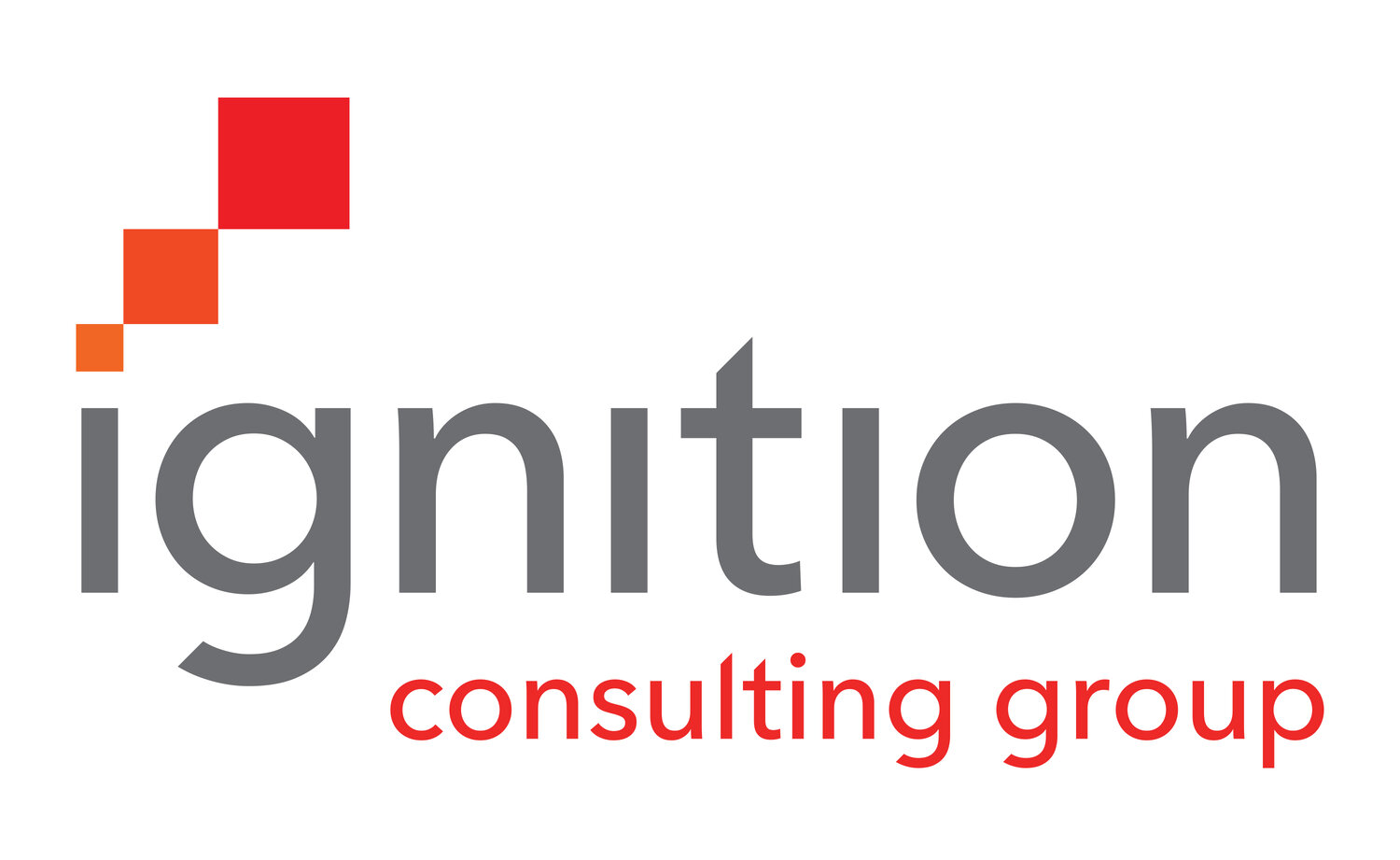What Really Motivates Agency Professionals
By Tim Williams
You would like your employees – or team members – to work harder. To care more about the agency and its clients. To put in more time, show more effort, or do a better job.
Agency managers reason that what’s needed is to motivate employees with the promise of more money – a chance to earn more if they’ll work more. Many agency CEOs embark on complicated bonus programs using formulas based on things like billable time and income targets.
It is, however a cold hard business reality that this carrot and stick approach really doesn’t work. It seems like it should work; after all, income, forecasts, and billable time are all topics that most agency managers dwell on when it comes to discussions of performance. But 21st-century knowledge workers have an entirely different set of motivations.
The surprising truth
Author and behaviorist Dan Pink sums it up well in the book, “Drive: The Surprising Truth About What Motivates Us.” Drawin
g on four decades of research on human motivation, Pink shows that the secret to high performance and satisfaction is “the deeply human need to direct our own lives, to learn and create new things, and to do better by ourselves and our world.” In other words, the elements of true motivation are not raises, bonuses, and spiffs, but rather autonomy, mastery, and purpose,
Working with the research firm Millward Brown, former P&G CMO Jim Stengel recently developed the “Stengel 50”; brands that are most closely associated with an ideal or purpose. Stengel reports that these 50 ideal-driven brands outperformed the “Standard & Poor’s 500” by 400% over the past decade. That’s the power of purpose.
Beyond an economic purpose
No doubt your firm has an economic purpose characterized by income and growth. But your economic purpose gets more attention than it needs or deserves, because it is only an end; it is not the means. The means is a human purpose that transcends making money.
Rosabeth Moss Kanter writes persuasively about this in the Harvard Business Review piece “How Great Companies Think Differently,” in which she observes:
The most successful companies identify something larger than transactions to provide purpose and meaning.
Articulating a purpose broader than making money can open new sources for innovation.
Trusting people to make choices about where, when and with whom they work makes jobs more engaging.
Great companies trust their people and believe they can rely on relationships, not just rules. They treat employees as self-determining professionals who can work in self-organizing ways.
What’s needed in today’s professional knowledge firms is not more financial transparency, more sharing of financial data, or even more financial rewards. What we need is more trust, more autonomy, and more meaning. Your people work not for money but for a sense of accomplishment. Give them the opportunities, the resources, and the support to reach for the stars, and they most likely will.


